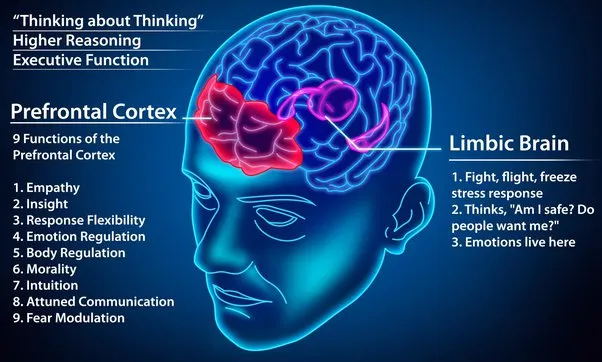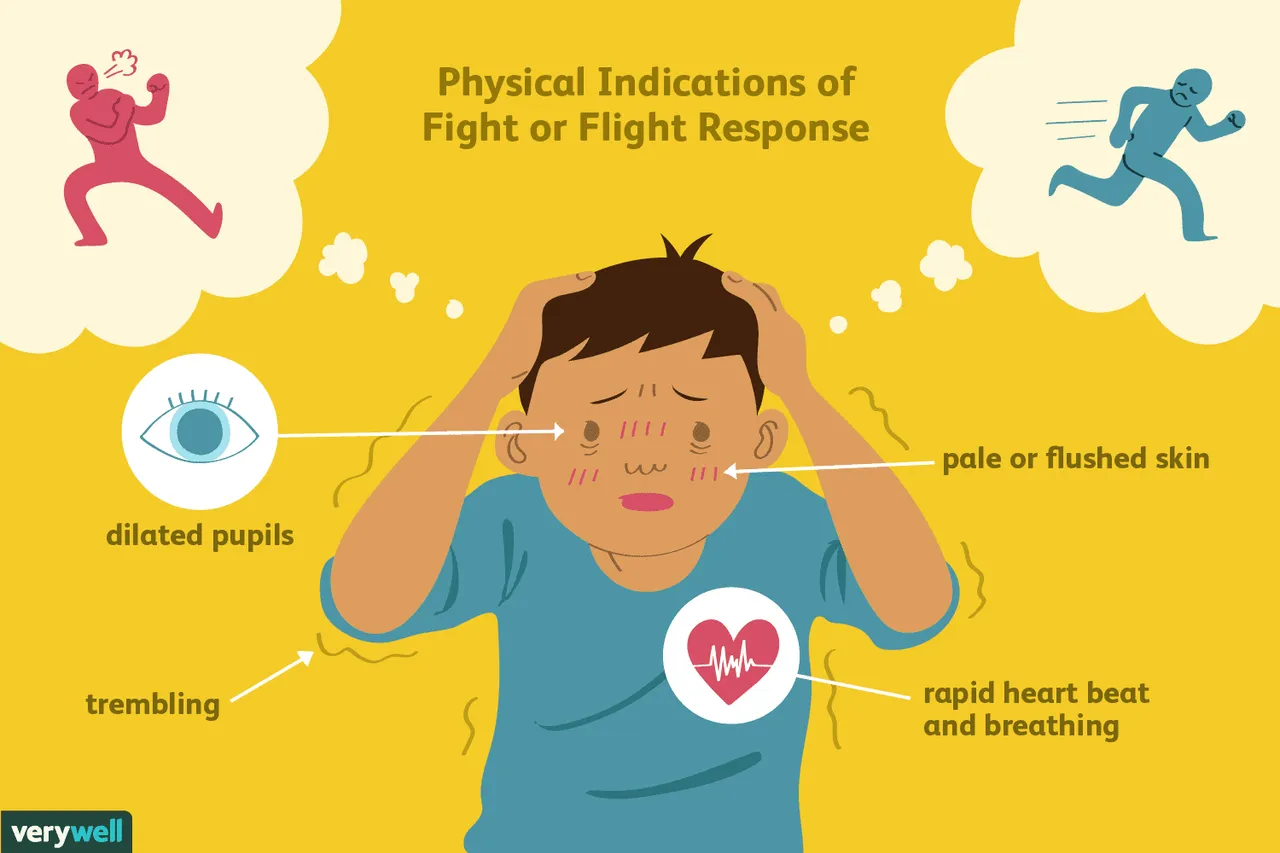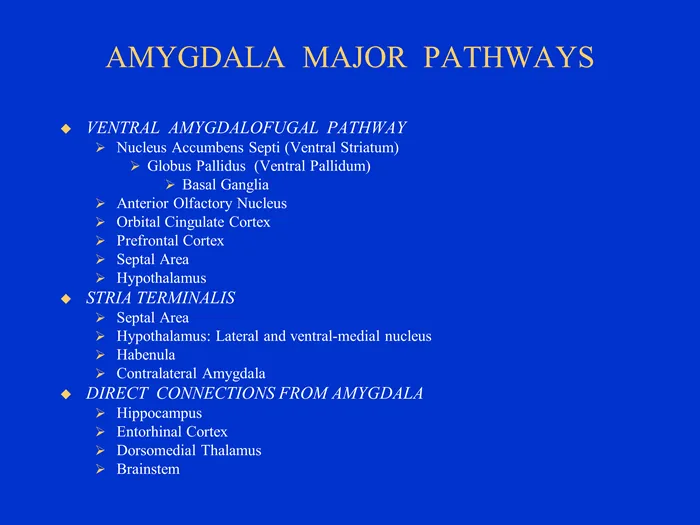When something out of the ordinary happens, your brain goes into a state of heightened alertness. A change in environment or unexpected stress can cause your brain to go into panic mode and shut down certain processes. This can lead to feeling overwhelmed, anxious, and feeling like you lack control over your own thoughts. To better understand how your brain works under these conditions, let’s take a look at what happens when your brain is stressed.
The Fight-or-Flight Response
When faced with a stressful situation, your body automatically triggers the fight-or-flight response. This is an evolutionary survival mechanism that prepares you to take action in order to protect yourself from potential danger. Your heart rate increases, breathing quickens, and adrenaline starts pumping through your body. All of these physiological changes prime you for physical activity so that you can either fight or flee from the perceived threat.
The Prefrontal Cortex
Another part of the brain that plays an important role when faced with stress is the prefrontal cortex. This is the area responsible for controlling emotions and regulating behavior. In times of stress, this part of the brain shuts down as it redirects energy away from higher thinking processes such as understanding and problem solving towards more “survival” skills like running away or fighting back. As a result, it becomes difficult for people to think clearly and make rational decisions during stressful situations because their brains are not functioning at full capacity.

The Amygdala
Finally, the amygdala also plays an important role in how our brains respond to stress. The amygdala is responsible for processing emotions such as fear and anxiety and helps us assess potential threats in our environment by triggering the fight-or-flight response mentioned earlier. In times of stress, this part of the brain takes over from higher cognitive functions such as reasoning which explains why we often make irrational decisions when we are stressed out or scared.
It's important to understand how our brains work in times of stress so that we can better manage our responses to challenging situations and effectively handle whatever comes our way. By recognizing which parts of our brains are activated during stressful events and how they affect our decision making process, we can learn how to stay calm even in tense moments and make more rational choices when dealing with challenging circumstances ahead of us. Understanding how different areas within our brains respond in times of distress will help us be better prepared to handle future difficulties with more poise and grace than ever before!
Thank You for reading 😃


